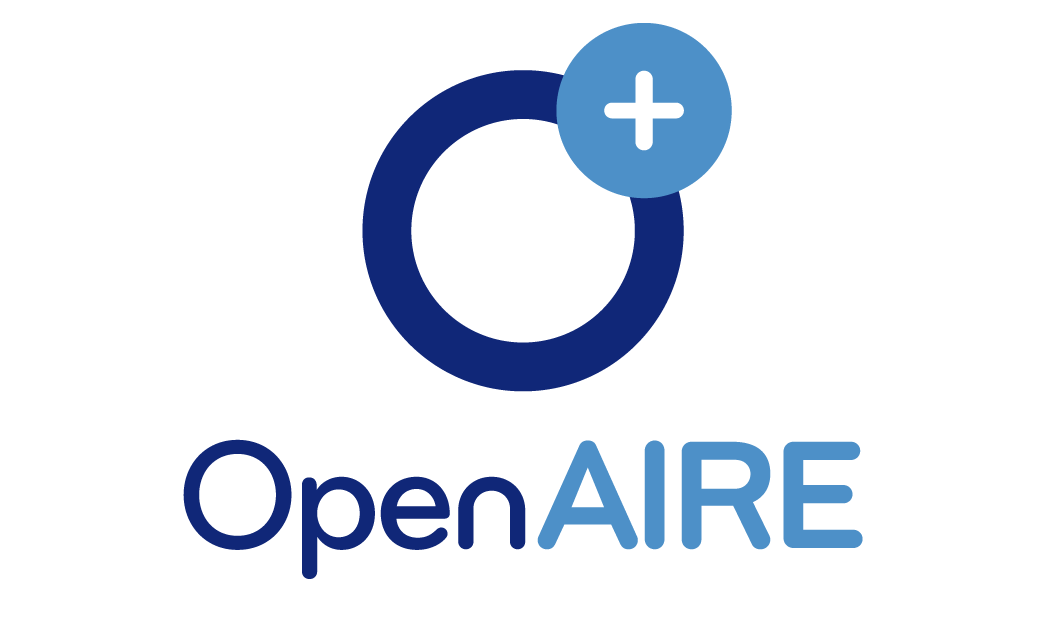ENGLISH ROMANTICISM AND ITS DEVELOPMENT
Keywords:
romanticism, literary movement, development, history, literature, trend, artistic phenomena, symbolism, decadence, neo-romanticism, cultureAbstract
In this article, we will discuss in detail the history of English romanticism and its development, the role of romanticism as a literary movement, and the place of romanticism in the literature of the 19th century.
References
S. Israilova, & N. Alavutdinova (2023). INTERCULTURAL COLOR INTERPRETATION. Science and innovation, 2 (C12), 111-115. doi: 10.5281/zenodo.10392062
Turapovna, I. S. (2022, December). MENTAL BIRLIKLARDA RANG KOMPONENTLI BIRLIKLAR. In INTERNATIONAL SCIENTIFIC CONFERENCES WITH HIGHER EDUCATIONAL INSTITUTIONS (Vol. 1, No. 26.12, pp. 59-66).
Saodat, I. “Ko ‘k” leksemasining etimologik tavsifi. O ‘ZBEKISTON, 75.
Israilova, S. (2022). “KO ‘K” LEKSEMASI SEMANTIKASINI YORITISHDA TEZAURUS MODELIDAN FOYDALANISH. COMPUTER LINGUISTICS: PROBLEMS, SOLUTIONS, PROSPECTS, 1(1).
Atadjanova, M. A. (2021). Animation mythology and its functional nature in the current uzbek prose. Asian Journal of Multidimensional Research (AJMR), 10(2), 70-78.
Omanbaevna, O. M. (2020). MYTHS AND MODERN UZBEK STORIES (some commentary on the story of Nazar Eshankul's" The tune of a flute" myth-story). ANGLISTICUM. Journal of the Association-Institute for English Language and American Studies, 8(12), 49-53.
Сабирова, Н. Э. (2021). ИЗ ИСТОРИИ ИЗУЧЕНИЯ ИСКУССТВА ХАЛФА ХОРЕЗМА. In AКТУАЛЬНЫЕ ПРОБЛЕМЫ ТЮРКОЛОГИИ: РОССИЯ И ТЮРКО-МУСУЛЬМАНСКИЙ МИР (pp. 387-390).
Ergashevna, S. N. Pedagogical Aspects of Improving the System of Distance Training of Public Education Workers. JournalNX, 107-110.
Alavutdinova, N., & Ergasheva, L. (2024). COMMUNICATIVE CHARACTERISTICS OF TEACHING THE UZBEK LANGUAGE AS A FOREIGN LANGUAGE. Science and innovation, 3(B1), 29-34.
Taxirovna, A. S. (2023). EXPLORING LINGUISTIC AND CULTURAL CHARACTERISTICS IN THE TRANSLATION OF STORIES: ENGLISH AND UZBEK PERSPECTIVES. ENG YAXSHI XIZMATLARI UCHUN, 1(6), 59-62.
Abdurakhmanova, D. K., Karimova, N. M., & Sh, B. R. (2019). Modern Problems of Linguistics and Methods of Teaching English Language. International Journal on Integrated Education, 2(6), 15-17.
Ubajdullaev, S. N. (2021). The use of mental cards when teaching a foreign language for university students. International Journal of Progressive Sciences and Technologies (IJPSAT)(ISSN: 2509-0119), 25(2), 90.
Ma’mura, Y., Durdona, B., Umida, N., Umida, Y., & E’zoza, A. (2020). Methodology of teaching English for specific purposes and difference between general English. European Journal of Research and Reflection in Educational Sciences Vol, 8(1).
Ne’matillayevna, A. E. Z., & Bokijonovna, Y. M. (2022, March). The Importance of Strategic Competence As an Aspect of Communicative Competence. In E Conference Zone (pp. 89-90).
Akbaraliyevna, M. V., & Ne’matillayevna, A. (2023). The Importance of a Modern Method of Teaching a Foreign Language.
Yuldasheva, M. B. (2022). LISTENING PROBLEMS IN FOREIGN LANGUAGE ACQUISITION. Евразийский журнал академических исследований, 2(3), 199-205.
Akbaraliyevna, M. V., Habibullayevna, E. S., Nematullayevna, A. E., Malikovna, K. Y., & Azamjonovich, U. A. (2021). The importance of using modern pedagogical technologies in foreign language teaching methodology. ACADEMICIA: An International Multidisciplinary Research Journal, 11(3), 2221-2227.








